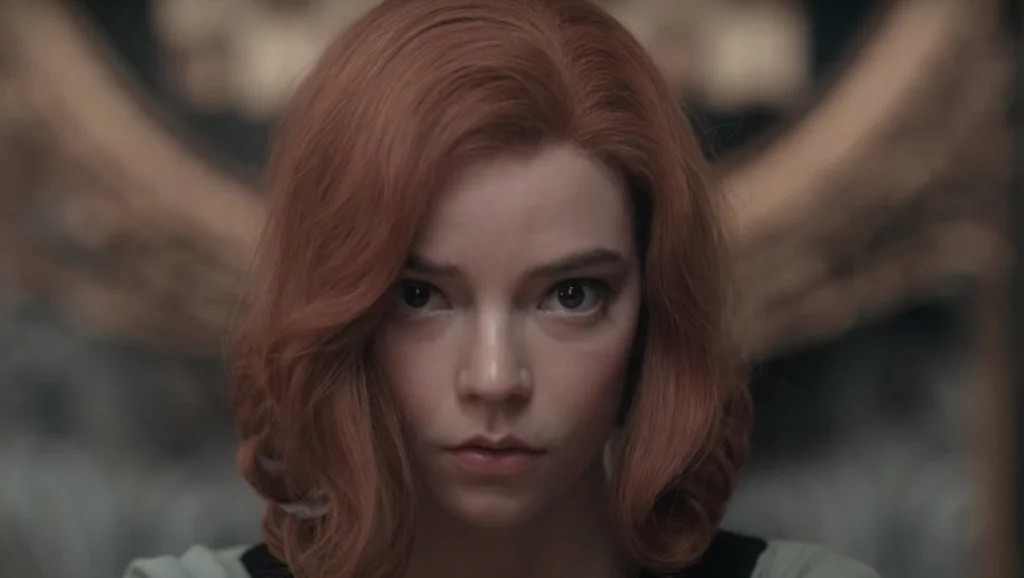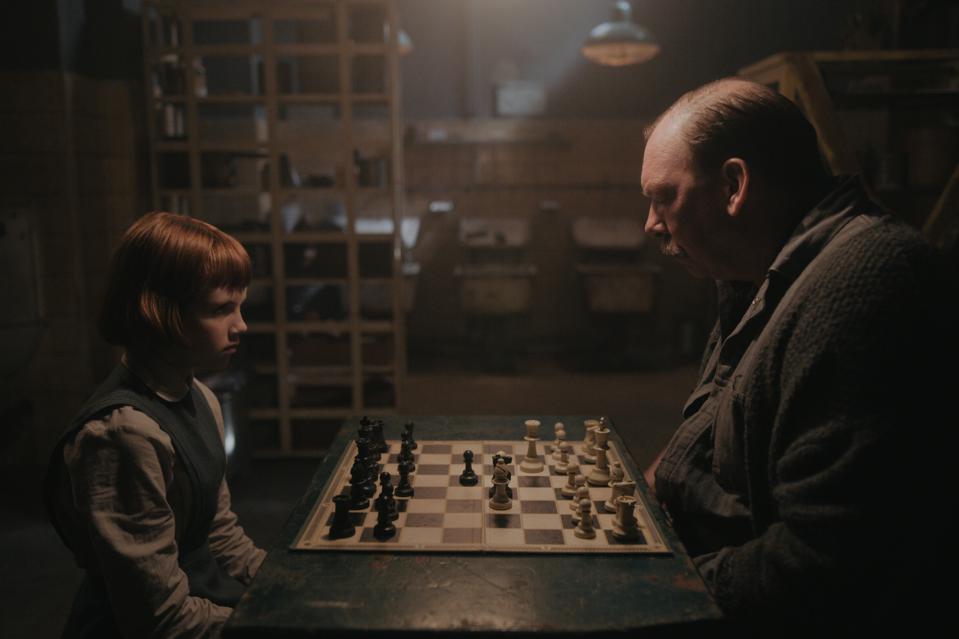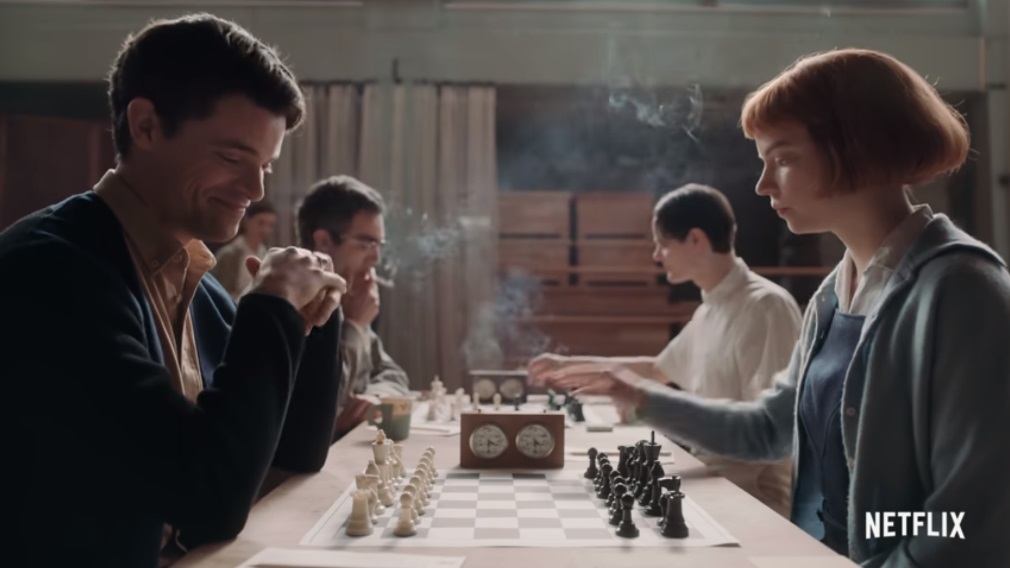
I’ve been in autistic burnout for two years. It took me a while to realize that’s what it was, because author burnout is a thing too. I was struggling to work on my book and figured it must be author burnout. But none of the suggestions for getting out of author burnout worked for me.
Authors get burned out by doing too much work. Indie publishing is hard — we have to wear all the hats associated with a small publishing business, because that’s what we are. There is writing, but there’s also working with cover artists, editing, newsletters, marketing and ad copy. A lot of writers hate all but the writing, but I actually enjoy them as they’re part of my special interest.
Then there is the constant need to produce. It’s all about the backlist — how many books you have in your catalog. More books equals more income, but it takes time to put out that work. Some authors use a rapid release model and push themselves to write a book a month (or more). While some authors can keep up that pace, many can’t and end up slipping into burnout.
When I looked at author burnout recommendations, it was all stuff like refill your creative well (read, travel, watch movies), hire an assistant, offload what you can, and don’t push yourself to write at a pace you can’t sustain.
Yeah, none of that worked for me.
Unlike neurotypicals, autistics get energy from our special interests and get super stressed when we can’t do them. I wasn’t writing too much; I wasn’t writing at all. And it was killing me.
I thought maybe it was just the stress of 2020 and everything that was going on in the world. That certainly fed into it, but I expected things to get better after the election and after the vaccine came out. It didn’t. Even when I stopped homeschooling for the summer, things didn’t get better. If anything it got worse because now I had all this free time and couldn’t do anything with it. I couldn’t focus on my book at all.
I tried again to refill my creative well. I set my book aside without guilt and watched movies and TV shows. After month I still wasn’t feeling better. Another month, same thing.
What the hell was happening to me?
Thing is, while some of my external anxieties around politics and covid were reduced, I still had massive stressors at home. The kids bickered constantly, or else they came in and interrupted me. Interruptions are brutal on autistics, and I was getting them nonstop. My executive function isn’t great, but it’s better than anyone else’s in the household, which means a lot of the small duties fall to me. With everyone home all the time they were piling up. Taking a weekend away did nothing, because all the demands and stressors were there when I came back. Except now they were magnified because I had stuff to catch up on since I’d been gone. It was death by a thousand cuts.
I really didn’t start to see a light at the end of the tunnel until the kids went back to school. Since my husband works from home now he’s been handling the morning shift so I can sleep in. I finally have some semblance of control over my schedule and far fewer interruptions. I’m able to work it again, though it’s still hard to get back into the headspace.
I’m not out of the woods yet and feel like I’m walking on a razor thin edge over a bottomless pit of despair. I make dinner for the kids but I can’t make dinner for myself. I cook a big batch of eggs at the beginning of the week so I don’t have to make breakfast every day. I’ve been leaving the pan in the sink to soak. Normally I’d wash the dish same day, but these days it sits there for a week until I need to use it again. This is something my husband used to do that drove me nuts. Now I’m the one doing it. I see it there and know it needs cleaned but can’t muster the energy to do it.
The kids being back in school comes with its own demands. There’s all the stuff surrounding my son and his IEP which I can’t avoid, but there’s also little crap like spirit days and book fairs and homework. Book fairs are fun — we always do that — but I always skip things like spirit days and I told my youngest I don’t care she does her homework. I’m cutting back where I can and focusing on the things that actually need doing. I’m trying to be easy on myself about this.
I’m working on Dark Mind again. It’s causing an undue amount of stress not to have it finished. Again, we autistics get energy from our special interests. I can’t move forward in the series until this is done, which is why am so stressed about it. I’m hoping to have this current revision done by the end of the year, although that might be a pipe dream. I was planning to hire a sensitivity reader for part of it, but I’ve been revising for two years now and the thought of having to do major revisions again terrifies me. I may be stressing over nothing as I try to do my research, but the worry is there. I don’t know that I can handle any more at this point. I just need it done and off my plate.
Don’t know where I’m going with this, except to say that I’m doing my best and hope to recover soon. Keeping myself afloat as best I can. Getting my special interest fix in ways that don’t stress me out as much — writing newsletters, interacting with fans, and writing









